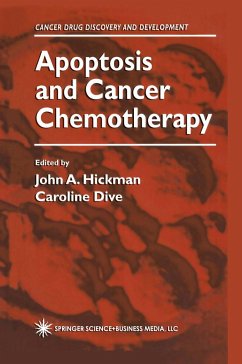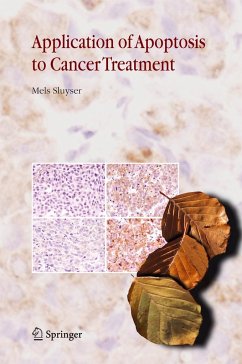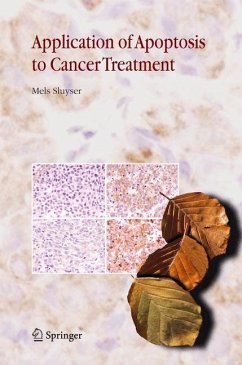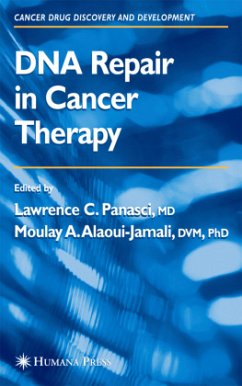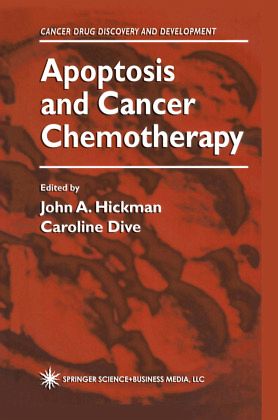
Apoptosis and Cancer Chemotherapy
Versandkostenfrei!
Versandfertig in 6-10 Tagen
83,99 €
inkl. MwSt.

PAYBACK Punkte
42 °P sammeln!
The past few years have witnessed an astonishing international effort that established the role of some 20 new molecules in apoptosis and added activation or suppression of apoptosis to the accepted biological functions of a great many others already familiar in cancer biology. Some of these molecules are receptors, transducing cytokine-mediated signals; others appear to intensify or diminish the risk that a compro mised cell will fire its apoptosis effector mechanism. All are of interest as potential targets for tumor therapy, and some may prove to be control points influenced in the pathogen...
The past few years have witnessed an astonishing international effort that established the role of some 20 new molecules in apoptosis and added activation or suppression of apoptosis to the accepted biological functions of a great many others already familiar in cancer biology. Some of these molecules are receptors, transducing cytokine-mediated signals; others appear to intensify or diminish the risk that a compro mised cell will fire its apoptosis effector mechanism. All are of interest as potential targets for tumor therapy, and some may prove to be control points influenced in the pathogenesis of cancer and other diseases as diverse as viral infection, neurodegenerative disorders, and stroke. Sometimes, in the midst of these developments, a kind of euphoria ap pears to have gripped the research community, with the expectation that apoptosis will afford explanations to many unsolved questions in cellu lar regulation. This book, in a series of thoughtful and provocative ar ticles--some from established leaders in the field, and others from younger scientists--seeks to redress the balance.





